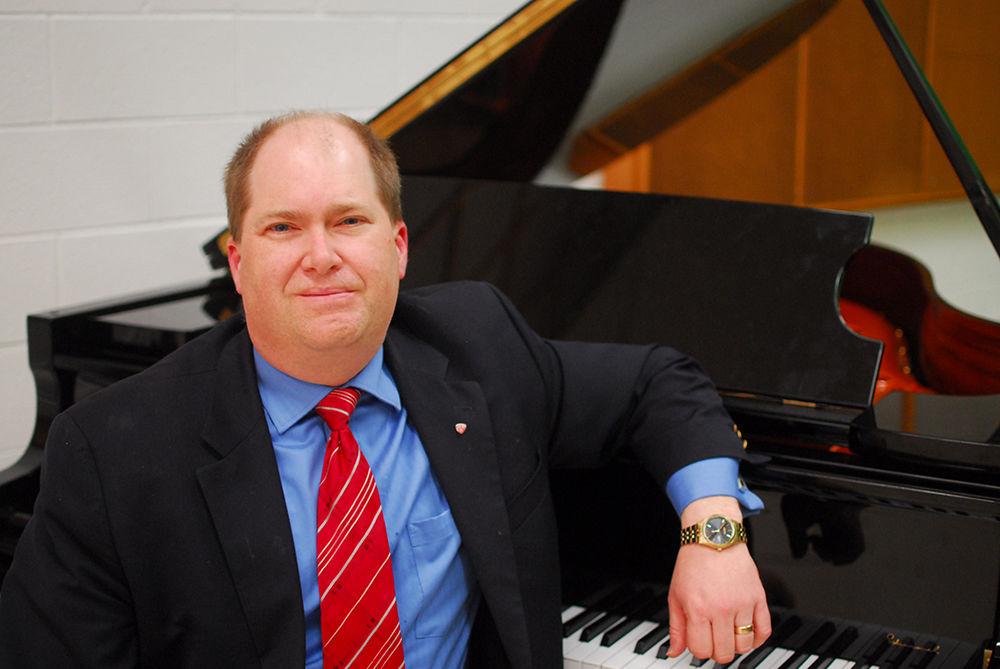Everybody loves music. While generalizations in newspapers should largely be avoided, this one is hard to refute. Music is all around us, and whether you’re a singer in a band, a vinyl enthusiast or a person who just likes to listen to it on headphones as you walk to class, chances are you have some sort of vested interest in the sounds human beings bring together to create art. NC State, despite its reputation as a science and technology school first and everything else second, has a lot of different opportunities for those who love music on an academic and extracurricular level. To promote this, today’s Features section is all about our music department. We hope you’ll stay to listen.
With WebAssigns due every night, essays to write, textbooks to read or not read and job applications ever-present, it is easy for students to disregard NC State’s Music Department as nothing more than a cool sounding department no one has time for. On July 1, Daniel Monek became the new director of NC State’s Music Department. In the last 270 days, he has been working to change that perspective.
“My philosophy is that the mission of the Music Department is to serve the whole student body,” Monek said. “We have an academic mission, but we also have a student life and culture mission. It is to be the center and support for any and all things music.”
Monek said that the department has and is continuing to expand its curriculum to include more modern courses, including courses focused on creating music with computer assistance, courses teaching more recent music history and courses about the music industry. These courses are not meant to replace the traditional or classical music studies, but add additional opportunities for students to expand their knowledge about music.
“A lot of our growth beyond what might be called the traditional curriculum has been to look at how we serve the broader population of the student body,” Monek said. “What areas we are not covering? A lot of it is just because there are newer areas in the discipline as a whole.”
The department currently offers instructional courses on subjects like piano and bagpipes. Ensemble opportunities range from singing in one of the three NC State choirs, to playing in the marching or pep band, to swinging with one of the two jazz ensembles or participating with the Raleigh Civic Symphony or the Raleigh Civic Orchestra.
“The other thing we’re trying to do is look at our course offerings and where they might have broader general education implications,” Monek said. “Almost all of our courses can be counted toward the VPA requirement (Visual and Performing Arts). Most of the students who come in to take a music course are taking it because they need a VPA course, but a lot of our courses, particularly ethnomusicology and musicology cross over into the social sciences and history so we’re looking at where they might cross over.”
According to Monek, the Music Department is exploring how music courses could fit into different GEP designations, including social science, history and interdisciplinary requirements.
“My hope is that students might take a course for the VPA and enjoy that course or enjoy learning more about music and they’ll decide to take another to meet a different requirement,” Monek said. “I think just about any topic, except some of the more advanced courses in the music minor, are approachable by any student. You’ll find that most of our courses even go so far as to have a stipulation in their course description, ‘no previous music experience required.’”
Monek asked the students of NC State to reach out to him and the Music Department if they have a music interest that is not currently being covered.













